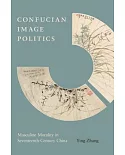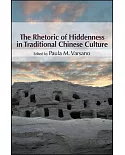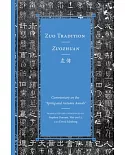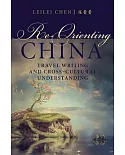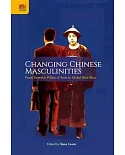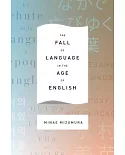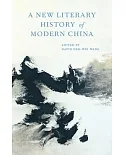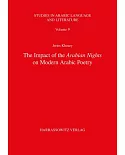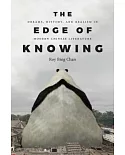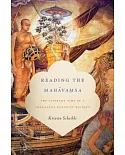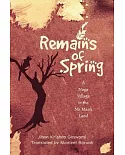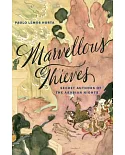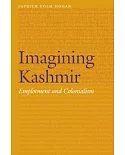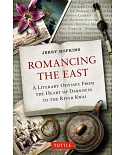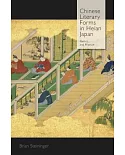This study introduces a new archetype in modern Japanese literature: the "Westernesque femme fatale," a distinct lineage of female characters who are ethnically Japanese but evoke the West
in their physical appearance, lifestyles, behaviors, and, most importantly, their use of language. Through a careful examination of linguistic and cultural tensions, Indra Levy proves these
sirens are hallmarks of an intertextual exoticism that prized the strange beauty of modern Western writing.
Levy pinpoints the birth of the Westernesque femme fatale in the vernacularist movement of the late 1880s, tracks her development in Naturalist fiction of the mid-1900s, and finds her
catapulted to center stage in the early 1910s with the emergence of Naturalist theater. She reconsiders the relationships between vernacular style and translation, writing and performance,
within a cross-cultural context. A seamless blend of narrative, performance, translation, and gender studies, this work will have a profound impact on the critical discourse of this formative
period of modern Japanese literature.


